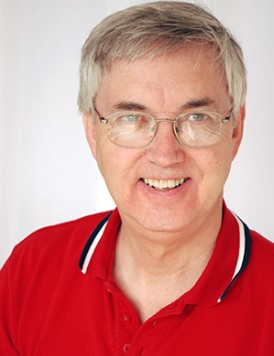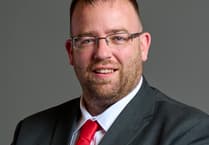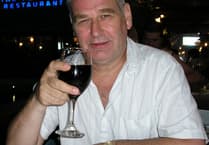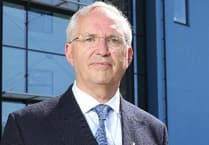I love science, but am aware that there are a lot of people who don’t. Many find it troublesome, confusing, threatening. They see the elite of society making decisions about all of our lives on the basis of the science of smoking, or climate change, or, as discussed recently, the set of chromosomes that designate a woman.
I have written positively, elsewhere, about the ability of science to tell us things that we formerly didn’t know, but there is a more extreme feature, where science tells us about things that we previously knew to be true, and shows us that they are false.We once knew that the Sun moved across the heavens, with the Earth stationary, until Copernicus kick-started Western science by pointing out that the contrary was the case.
We knew that human beings were something separate from the animals, until evolution explained otherwise. These were discoveries that were once inherently unlikely, even bizarre, until a vast weight of evidence led us to the truth.What is more, this fresh knowledge is often powerful. Copernicus begat Newton, who gave us the mathematics to send astronauts to the Moon.
Genetics gave us the wherewithal to overcome the worst excesses of Covid, and now follows up with the promise of defeating many cancers. Less fundamentally, science has given us fast transport and the allure of unsocial media.And yet, science is far from universally respected.
There is a profound awareness, enshrined in many religious texts, that human beings are something special, expressly placed on the Earth and given dominion. The sense of being stationary in space is similarly hard to shake.Many apparently intelligent people have rubbished the risks of smoking, denied the reality of human-induced climate change, and declared the Moon landings a hoax. Fossils are apparently the work of the devil.
There have been popular falsehoods about risks of the measles-mumps-rubella and Covid vaccines.These behaviours, bizarre as they are to the scientifically educated mind, have serious consequences for both the individual and the group. How many infamous last words were ‘I should have had the jab’? And how many science-sceptical governments have been elected across the world by the insufficiently educated with a mandate to delay the necessary adjustments to mitigate climate change?
Sadly, it appears that there is little that can be done. Our politicians’ core skill is to be elected. There are top scientists in the Lords, but that toehold on decision making is insecure, as political reform beckons. The BBC pays lip service to scientific education, but is run by arts graduates and recently ran a series of programmes sympathetic to belief in the supernatural, while ‘social’ media is just nuts.
I may be a danger, myself, as I strongly believe that a range of facts-beliefs advanced by modern physics are profoundly unscientific, i.e., poorly supported by evidence. Once one section of science is questioned, then it legitimates scepticism throughout.As a tutor of maths and science, I have found that virtually all students are reassured by a proper, cause-and-effect scientific explanation.
So, in my experience, we are individually programmed by evolution to be scientific. Yet, as a collective, we repeatedly fail to give scientific knowledge our trust and support. Furthermore, simply adding more scientific education does not appear to be the answer, as there is so much that we find more interesting and attractive.Better, clearer, more convincing education in the sciences would appear to be the way forward. But will it be enough for society to make full use of the knowledge and opportunities that science provides?



.png?width=209&height=140&crop=209:145,smart&quality=75)

Comments
This article has no comments yet. Be the first to leave a comment.